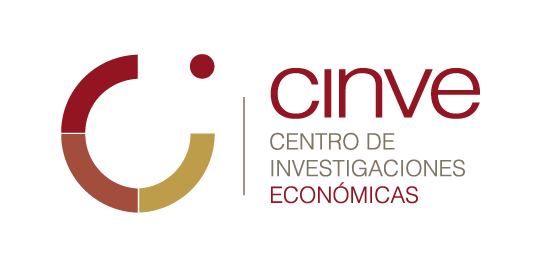In this paper we estimate some of the costs associated with crime and violence in Uruguay. The method used is that of cost accounting. The costs considered include costs of security and prevention of crime, justice, seclusion and rehabilitation of prisoners, costs of stolen goods, health costs and loss of life as a result of violence and costs associated with the loss of productive time in prison of prisoners. For this we have used a variety of sources of information and methodologies. Even though we have covered a significant range of costs, we have not covered their universe due to information limitations. Therefore, our estimates should be interpreted as a minimum level. The total estimated cost for the year 2010 reaches 3.1% of Uruguay’s GDP.
Centro de Investigaciones Económicas.
Plaza Independencia 749 apto. 202 CP: 11100, Montevideo, Uruguay.
Tel.: (598) 2908 2667 – (598) 2908 1533
Mail: cinve@cinve.org.uy
